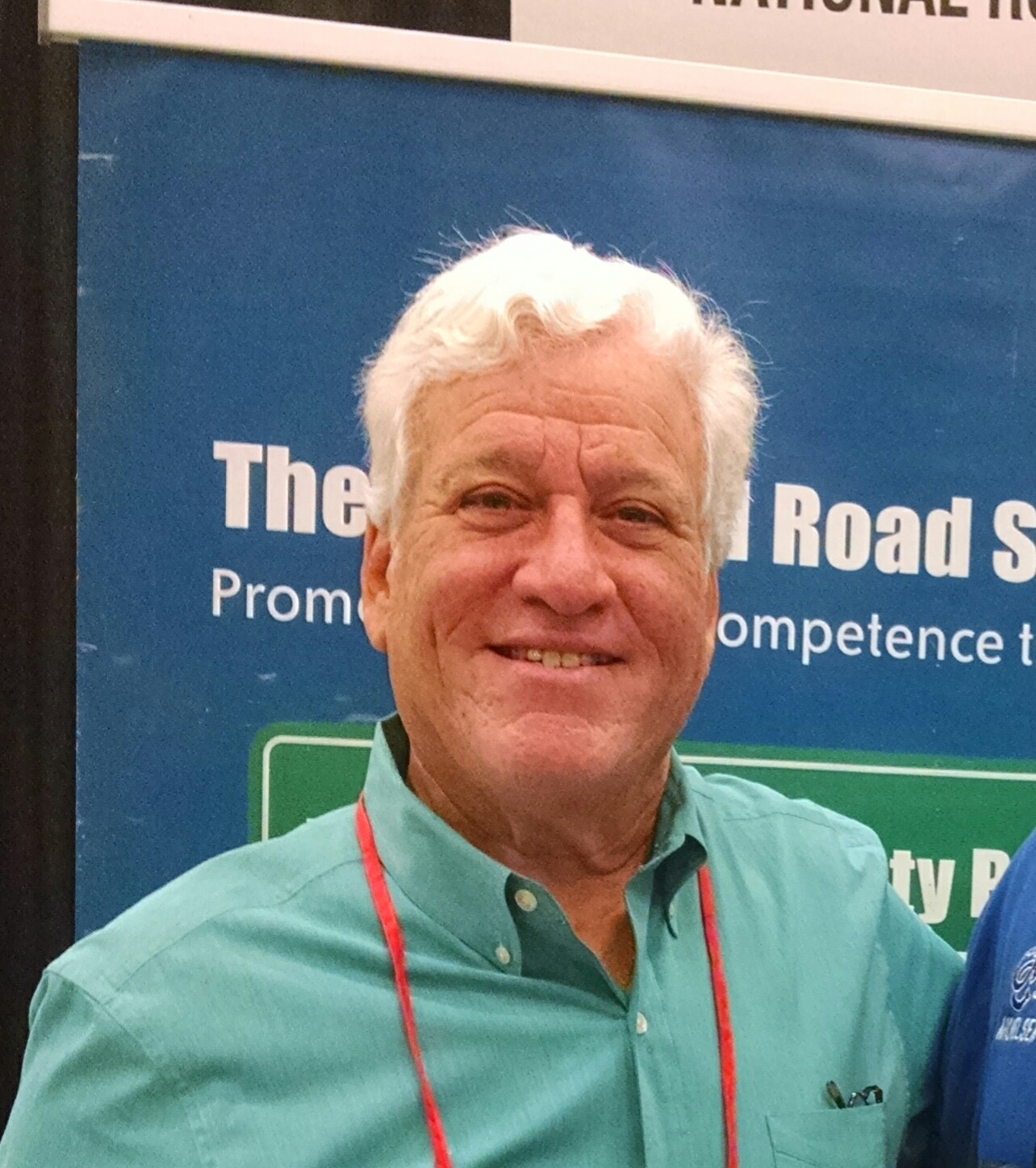The latest statistics for traffic fatalities in the U.S. have come out and they are quite discouraging.
The number of people killed on U.S. roads and highways last year is the highest it’s been in 13 years – 42,060, according to new estimates from the National Safety Council.
Experts are placing the blame on two things – speeding and distraction.
Speed has become a bigger factor in serious crashes as roads are less crowded during the pandemic, with many Americans forced to work from home and travel less.
Many drivers speed up excessively as they see open roads ahead, and police nationwide are reporting a noticeable uptick in drivers being clocked at 100 mph and higher.
Distraction, largely caused by cell phone use by drivers, continues to be a major contributor to crashes.
Several years ago the Secretary of Transportation, Ray LaHood, took the lead in putting the focus on distracted driving, which he labelled a national epidemic.
Research showed that more than a third of all U.S. drivers admitted to talking or texting while behind the wheel. The U.S. National Highway Traffic Safety Administration says distraction is a factor in about 25 percent of all crashes.
Most states have responded by passing laws outlawing cell phone use by drivers, and police mount ongoing campaigns to catch and arrest distracted drivers.
Many safety groups, including The National Road Safety Foundation, have created public service programs to call attention to the issue and to make texting and driving as socially unacceptable as drunk driving has become.
Yet for too many, especially young people, the need to constantly stay in touch even while on the road remains a strong urge.
Speaking up is one way to help!
If you are in the car with a driver who takes or makes a call or responds to a text, say something. If you are driving with children or teens in the car, set a good example by refraining from using your phone, as well as obeying speed limits and traffic signals. Young people pattern their behavior on what they see their parents and other adults do.
The death toll on our roads and highways is high enough. Putting a stop to distracted driving could save more than 3,100 lives every year. Think about that. Do you really need to make that call or check that text? It can wait. Your life – and those of others – depends on it.





